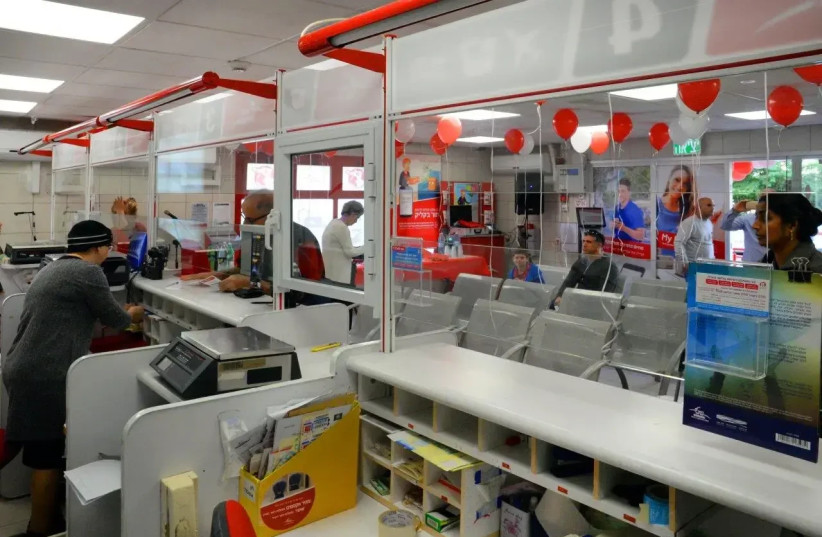Four long and exhausting months have passed for the residents of Shlomi and Kiryat Shmona, who were evacuated from their homes at the start of the war to hotels across Israel.
In addition to the crowded rooms, lack of privacy, and the inability to maintain a normal routine, they are now faced with an additional problem – mail isn't reaching them. Not to their abandoned homes and not to the places they were relocated to.
In addition to the bills for electricity, water, and property tax that do not reach their destination and may accumulate interest due to late payment, critical medical documents or important bureaucratic documents aren't arriving.
Why is mail service not functional in the North?
Sami Malul, the former mayor of Kiryat Shmona who became head of the local council, reports that "residents of Kiryat Shmona and Shlomi have not received mail for four months."
According to Malul, "There is no mail, no distribution of mail, and even the [app service] does not seem to be functioning. You do not receive license renewals, medical documents... you are disconnected. They are not being processed. I asked what was happening with this, I even raised the issue with the communications minister. If you knew the foolish answers I received..."
"Even [app service] is not functioning. You provide the details – I'm staying at a hotel in Rosh Pina – and nothing. From time to time, when I come to town, there is a clerk at the Kiryat Shmona post office who pulls out a letter for me from the piles of mail and gives it to me informally. It's simply chaos.

"On the other hand, in kibbutzim, they have found independent solutions. Their mail is collected at a central location, a representative from the community comes, and distributes it to them."
The Israel Post explained that the Home Front Command does not allow mail distribution in Kiryat Shmona, only permitting the operation of a protected branch that provides postal and banking services, except for letter distribution. The evacuees receive a "follow-up" service at no cost, and the Communications Ministry has established an interface where the evacuees can update their temporary address, which is then directly transferred to all major post offices, insurance companies, media outlets, banks, etc.
